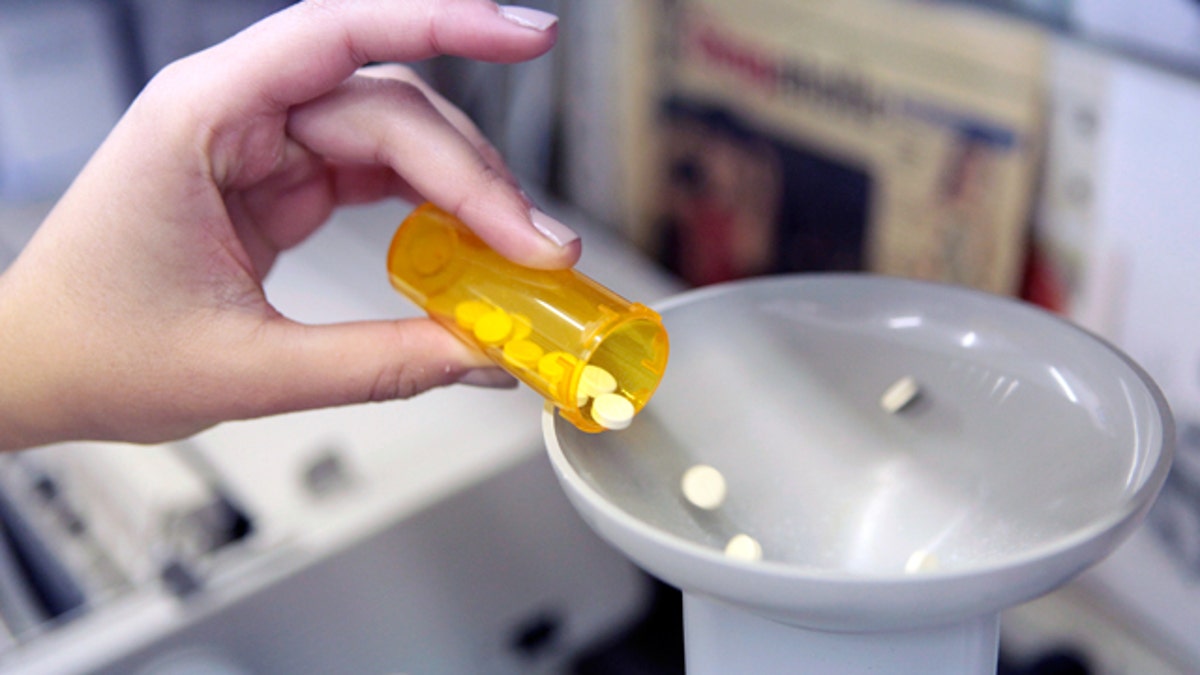
(Reuters)
A four-in-one pill cut blood pressure and cholesterol significantly in over-50s with no history of heart disease in a small British study, fueling debate about the use of a so-called polypill to ward off heart attacks and strokes.
The idea of a "one-size-fits-all" cocktail of cheap generic heart drugs has been touted for 10 years, but its path to market remains unclear given regulatory hurdles and a lack of interest from big drugmakers focused on selling new patented medicines.
The randomized trial, results of which were published in the journal PLoS One on Wednesday, is the first to test a polypill in people selected on age alone.
While rival polypills have been tried in patients with known cardiovascular risks, David Wald and colleagues at Queen Mary University of London believe there is a good case for everybody over 50 getting treatment.
Their polypill -- manufactured by India's Cipla and combining three blood pressure medicines plus the cholesterol fighter simavastatin -- cut blood pressure by 12 percent and "bad" LDL cholesterol by 39 percent.
Wald said this suggested the polypill could reduce heart attacks and strokes in the general population by around two-thirds, based on the known importance of these two factors.
"This represents a milestone in that we've made a polypill that does exactly what it was predicted to do, and it was well accepted when offered to people purely on a basis of their age," he said in an interview.
Although more patients experienced side effects when taking the polypill, including muscle aches due to the statin, these did not prompt any of them to stop treatment.
The trial is unlikely to be viewed as conclusive by the medical community, however, since it only involved 84 patients, each of whom took the polypill for three months and a dummy pill for three months, in random sequence.
Larger trials, involving hundreds of patients, are now underway in India, following discussions with British regulators about what data would be needed to win marketing approval. Wald said that process could take one to two years.
He hopes that the Indian trials will satisfy regulators, especially since the component medicines in the polypill are already prescribed separately to millions of patients and are known to significantly cut heart risk.
What happens then is still uncertain. In order to gain traction, the polypill would need a pharmaceutical company to back it, in addition to the manufacturing deal with Cipla. But the profits to be made from selling a capsule that mixes old off-patent medicines will be modest.
"There are challenges in commercializing it but we want to try and make it available to the public so people can make up their own minds as to whether it is for them or not," Wald said.
Other polypills are being developed with the less ambitious goal of treating patients with a history of heart risk factors by teams working with two rival Indian drugmakers, Dr. Reddy's Laboratories and Cadila Pharmaceuticals.








































